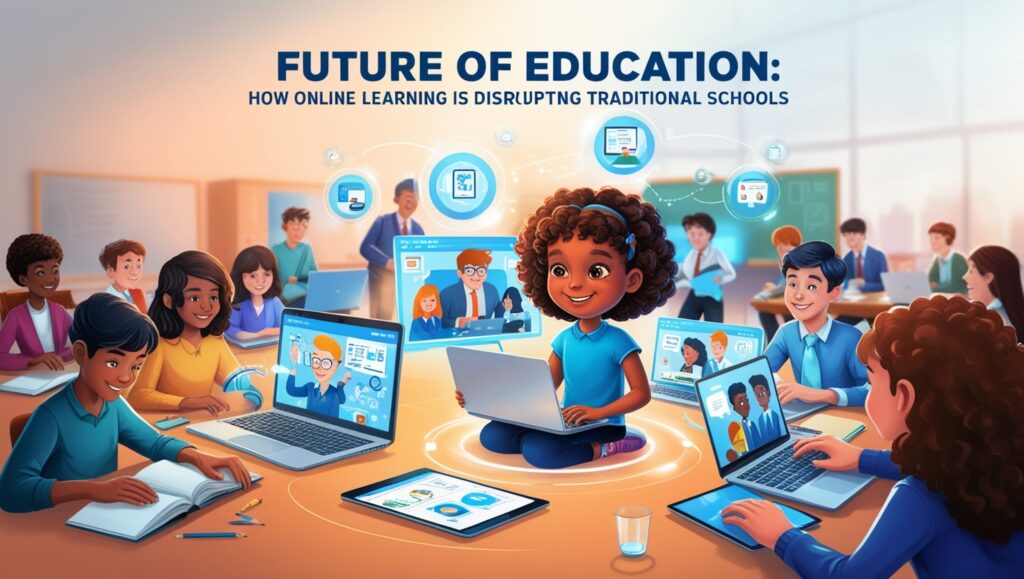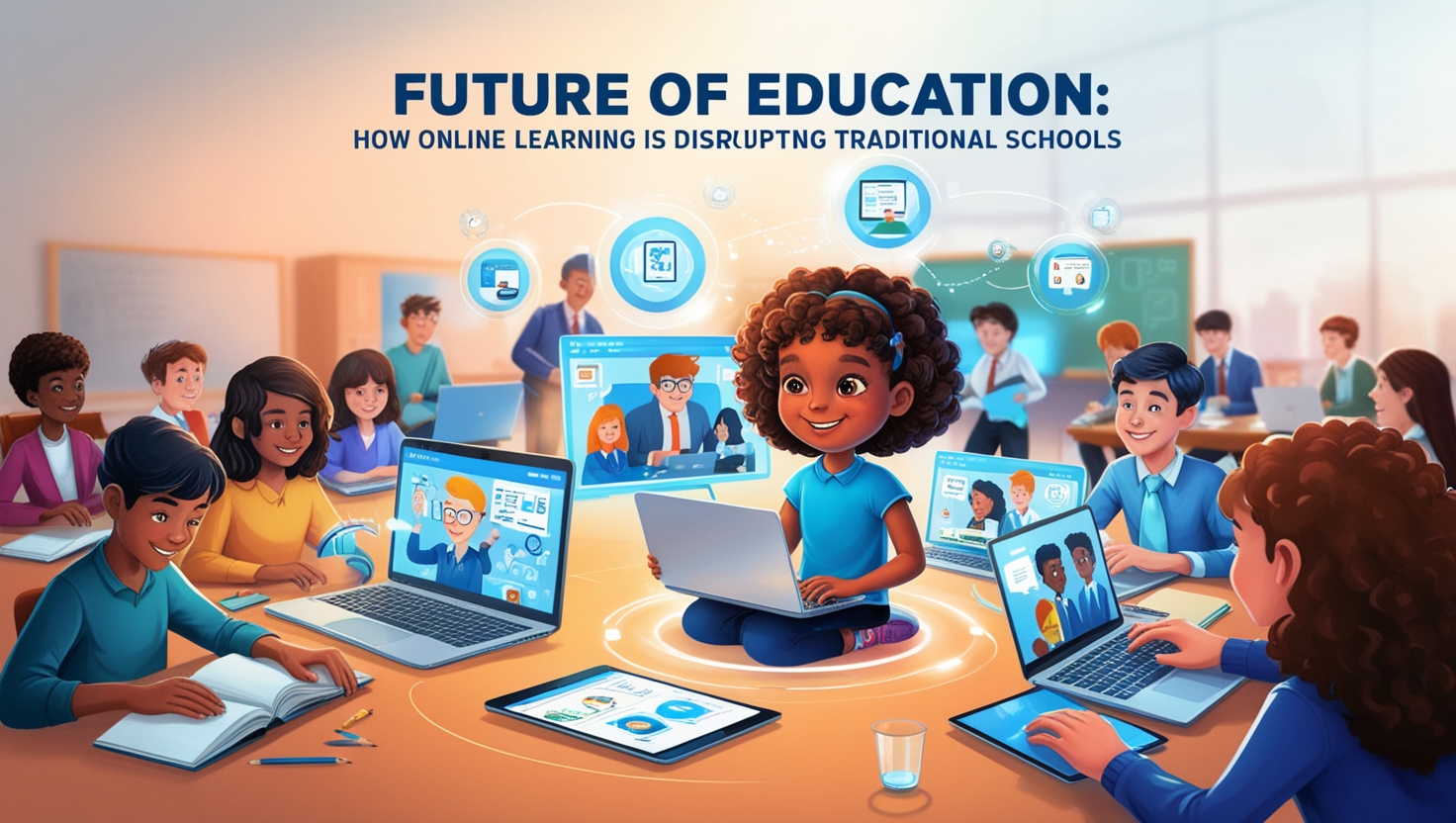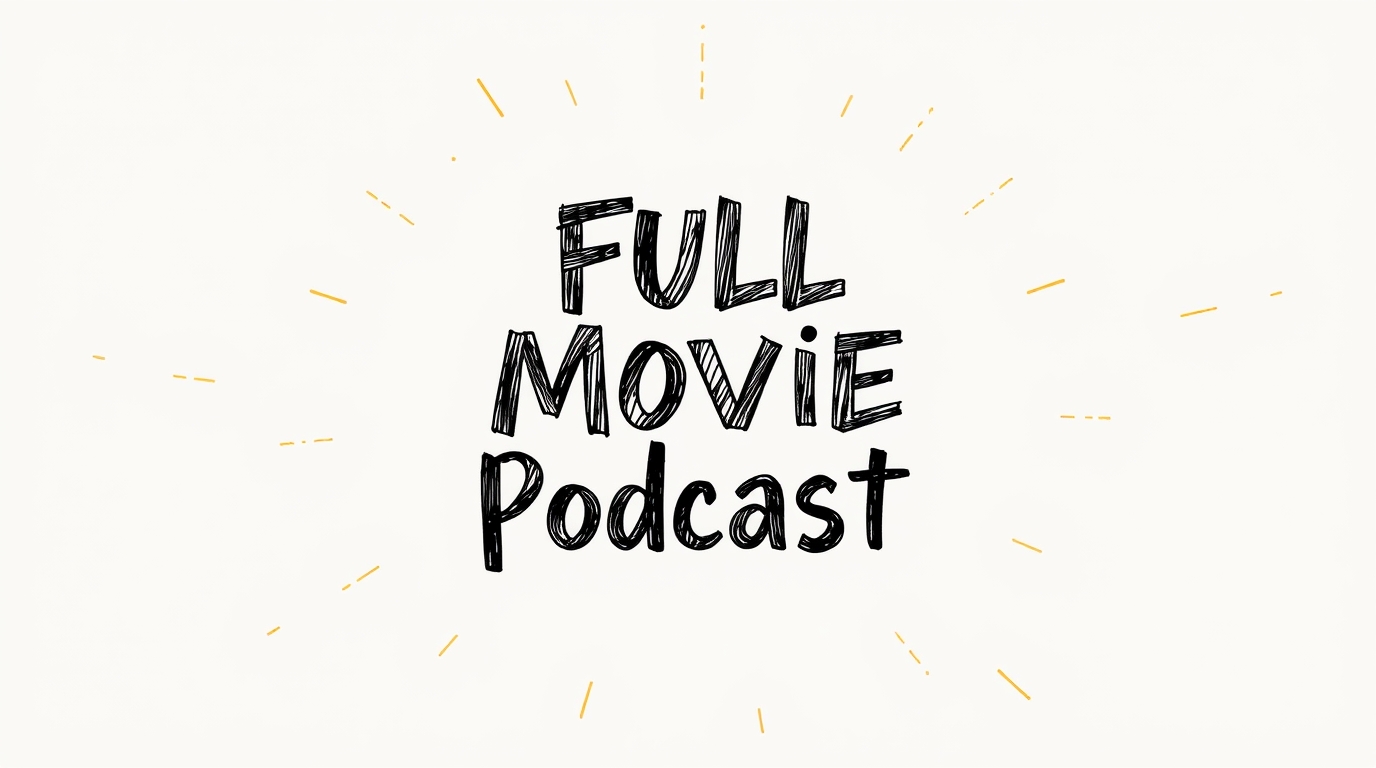- The Future of Education: How Online Learning is Disrupting Traditional Schools
- The Rise of Online Learning
- Flexibility: The New Norm pop
- Personalized Learning: Tailored Education for Everyone
- The Democratization of Education
- A New Role for Teachers
- The Challenges of Online Learning
- The Future of Education: A Hybrid Model?
- Conclusion

The Future of Education: How Online Learning is Disrupting Traditional Schools
In recent years, Future of Education has been undergoing a monumental shift, propelled by advancements in technology and a growing demand for more accessible, flexible learning options. The rise of online learning has upended traditional schooling models, creating new opportunities—and challenges—for students, educators, and institutions alike. But how exactly is online education disrupting traditional schools? And what does the future hold for the classroom as we know it?
The Rise of Online Learning
The seeds of online education were sown decades ago, but it wasn’t until the late 2000s that it gained serious momentum. Platforms like Coursera, edX, and Khan Academy democratized education by offering free or low-cost courses from prestigious universities and experts across the globe. Today, we are witnessing an exponential rise in online learning programs—spurred further by the global pandemic—which forced schools and universities to rapidly adopt digital methods of teaching.
According to a report by Global Market Insights, the e-learning market is expected to surpass $1 trillion by 2027, with an ever-growing number of students opting for online learning platforms over traditional classroom experiences .
Flexibility: The New Norm pop
One of the most significant advantages of online learning is flexibility. Traditional education systems are often rigid, requiring students to adhere to set schedules, which can be difficult for those juggling work, family, or other commitments. With online learning, students have the freedom to learn at their own pace, on their own time, and from virtually anywhere.
Take, for instance, the rise of Massive Open Online Courses (MOOCs). These platforms allow students to take a wide variety of courses from different fields and disciplines without the pressure of completing them within a fixed timeframe. For professionals looking to upskill, students balancing part-time jobs, or individuals with caregiving responsibilities, online learning is proving to be a game-changer.
Personalized Learning: Tailored Education for Everyone
In traditional schools, educators often follow a “one-size-fits-all” curriculum. This system, while efficient for managing large classrooms, doesn’t take into account the unique learning needs, speeds, or interests of individual students. Online learning, on the other hand, enables more personalized learning experiences. Through adaptive learning technologies and AI-driven platforms, students receive tailored content that adjusts to their strengths and weaknesses, providing a more engaging and effective learning experience.
According to a study by the National Center for Education Statistics, students using adaptive learning platforms perform better in their courses compared to those relying solely on traditional classroom teaching . By identifying areas where students struggle and providing additional resources or explanations, online learning systems help bridge knowledge gaps more efficiently.
The Democratization of Education
For years, access to quality education was determined by geographic location, socioeconomic status, and even race. Online education is breaking down these barriers, offering access to world-class instruction for anyone with an internet connection. Universities that once seemed unreachable are now within the grasp of millions worldwide.
Furthermore, online education is often more affordable than traditional in-person learning. Without the need for physical infrastructure, student housing, or textbooks, online courses typically come with a lower price tag. This cost-effectiveness is particularly beneficial for students in low-income areas or developing countries, where attending prestigious schools or universities may have been financially impossible.
A New Role for Teachers
While online learning is empowering students, it’s also redefining the role of teachers. In a traditional classroom, teachers are the primary source of information and knowledge. However, with a wealth of information available online, their roles are evolving into facilitators or guides, helping students navigate vast pools of resources and encouraging critical thinking and problem-solving.
Many educators have embraced this shift, finding that online tools allow them to provide more individualized attention to students, track progress more effectively, and design more engaging, interactive lessons. Teachers are no longer tied to the blackboard; they’re creating podcasts, live-streamed lessons, and interactive assignments that cater to the modern learner.
The Challenges of Online Learning
Despite its many advantages, online education is not without its challenges. One of the biggest issues is the digital divide. Not all students have access to high-speed internet, laptops, or tablets, making it difficult for them to participate in online learning effectively. This gap was particularly evident during the COVID-19 pandemic when millions of students in rural or underserved areas struggled to keep up with their studies.
Another concern is the lack of social interaction. While online platforms offer discussion forums and group projects, they can’t fully replicate the social and emotional benefits of face-to-face interactions with peers and teachers. For younger students, in particular, the socialization aspect of traditional schools plays a critical role in their development.
The Future of Education: A Hybrid Model?
Given these challenges, the future of education may not lie entirely in online or traditional learning, but rather in a hybrid model that combines the best of both worlds. Many schools and universities are now adopting blended learning approaches, where students attend some classes in person and others online. This model allows for flexibility, personalized learning, and the social benefits of a physical classroom.
In the coming years, we can expect to see more innovation in the way education is delivered, with technologies like virtual reality (VR) and augmented reality (AR) providing immersive, interactive learning experiences. Imagine learning about ancient history while “walking” through the streets of ancient Rome via VR or conducting a chemistry experiment in a virtual lab—these futuristic learning environments are already becoming a reality.
Conclusion
The rise of online learning is undeniably disrupting traditional education systems, but it’s also opening up new possibilities for how we think about teaching and learning. The future of education is likely to be a blend of both digital and physical environments, offering students more choices, flexibility, and personalized learning experiences. While challenges remain, the trajectory is clear: education is becoming more accessible, inclusive, and innovative than ever before.
If you Liked Reading our Blog Read More Blogs Here and Below is the Link to our WhatsApp channel Join it for the Latest Post Updates. (Read For WhatsApp Channel Privacy and Security Here).
UseFull Resources:
| Resources | Resources |
|---|---|
| Tooldar: Tooldar | Hemingway Editor: Hemingway Editor |
| Ilovepdf3: Ilovepdf3 | Grammarly: Grammarly |
| Adorepdf: Adorepdf | Coursera: Coursera |
| Custom Design Agency: Articon Design Agency | Udemy: Udemy |
| Google: Google | Khan Academy: Khan Academy |
| Yandex: Yandex | Wolfram Alpha: Wolfram Alpha |
| Baidu: Baidu | TED Talks: TED Talks |
| Medium: Medium | Skillshare: Skillshare |
| Quora: Quora | Canva: Canva |
| Duolingo: Duolingo | Figma: Figma |
| Nerdfitness: Nerdfitness | Trello: Trello |
| DeepL: DeepL | Notion: Notion |
| LinkedIn: LinkedIn | Asana: Asana |
| Stack Overflow: Stack Overflow | Mailchimp: Mailchimp |
| GitHub: GitHub | Zapier: Zapier |
Note : These Above Resources Are just for Educational and ease of use Purposes we neither Endorse them, they were working at the time of sharing.
.Disclaimer: The information presented in this blog is for educational and informational purposes only and should not be considered financial, Political, or cultural advice. All efforts have been made to ensure the accuracy of the content at the time of writing.
Think We Missed Something?
If you notice an error or have a suggestion, we encourage you to submit a correction. Help us keep our information up-to-date and reliable!











